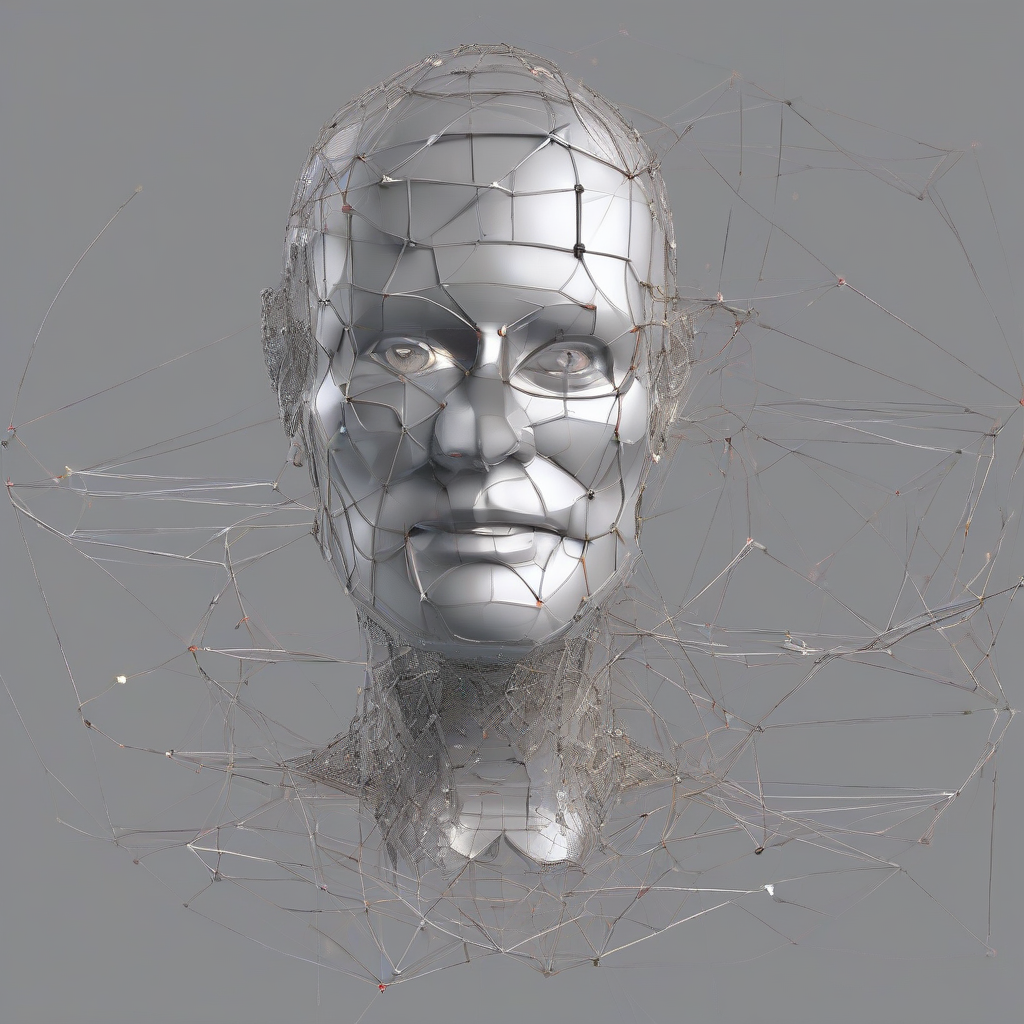Revolutionizing Healthcare: The Power of Data Science
Data science is rapidly transforming the healthcare industry, offering unprecedented opportunities to improve patient care, streamline operations, and accelerate medical research. By leveraging the power of big data analytics, machine learning, and artificial intelligence, healthcare providers and researchers are gaining invaluable insights that were previously unimaginable.
Improving Diagnostics and Treatment
One of the most significant impacts of data science in healthcare is the improvement of diagnostic and treatment processes. Machine learning algorithms can analyze medical images (X-rays, CT scans, MRIs) with remarkable accuracy, often surpassing human capabilities in detecting subtle anomalies indicative of disease. This leads to earlier and more accurate diagnoses, potentially saving lives and improving patient outcomes.
- Cancer detection: AI-powered systems can identify cancerous cells and tumors with high sensitivity and specificity, improving early detection rates and treatment planning.
- Cardiovascular disease prediction: Data analysis can identify individuals at high risk of heart attacks or strokes based on their medical history, lifestyle factors, and genetic information.
- Disease diagnosis support: Machine learning models can assist clinicians in diagnosing a wide range of diseases by analyzing patient symptoms, lab results, and medical images.
- Personalized medicine: Data science enables the development of personalized treatment plans tailored to the specific genetic makeup and characteristics of individual patients.
Drug Discovery and Development
The pharmaceutical industry is also benefiting greatly from data science. Analyzing vast datasets of clinical trials, genomic information, and molecular structures can accelerate the drug discovery and development process. This reduces costs, shortens development timelines, and improves the chances of developing safe and effective medications.
- Target identification: Data analysis can help identify potential drug targets by analyzing large-scale genomic and proteomic datasets.
- Lead compound identification: Machine learning algorithms can predict the efficacy and safety of potential drug candidates, reducing the need for extensive and costly laboratory testing.
- Clinical trial optimization: Data science can optimize the design and conduct of clinical trials by identifying suitable patient populations, predicting trial outcomes, and reducing bias.
- Drug repurposing: Data analysis can identify existing drugs that may be effective for treating new diseases, accelerating the development of new therapies.
Improving Operational Efficiency
Beyond diagnostics and treatment, data science is revolutionizing healthcare operations. Analyzing patient data, operational data, and financial data can help optimize resource allocation, improve workflow efficiency, and reduce costs.
- Predictive modeling for hospital readmissions: Identifying patients at high risk of readmission allows for proactive interventions to improve patient outcomes and reduce healthcare costs.
- Optimizing hospital bed allocation: Data analysis can predict patient flow and optimize bed allocation to improve patient throughput and reduce wait times.
- Improving appointment scheduling: Data-driven scheduling systems can minimize patient wait times and optimize the utilization of healthcare resources.
- Fraud detection: Data analysis can detect and prevent fraudulent activities, protecting healthcare providers and ensuring the integrity of healthcare systems.
- Supply chain optimization: Data-driven insights can optimize the management of medical supplies and equipment, reducing costs and preventing shortages.
Public Health and Epidemiology
Data science plays a crucial role in public health and epidemiology. Analyzing large-scale population health data can help identify disease outbreaks, track the spread of infectious diseases, and develop effective public health interventions.
- Disease surveillance: Data analysis can monitor the incidence and prevalence of diseases, enabling early detection of outbreaks and rapid response.
- Predictive modeling for disease outbreaks: Machine learning models can predict the spread of infectious diseases, allowing public health officials to take proactive measures to prevent outbreaks.
- Identifying risk factors for disease: Data analysis can identify risk factors for various diseases, informing public health interventions to reduce disease burden.
- Evaluating the effectiveness of public health interventions: Data analysis can evaluate the effectiveness of public health programs and interventions, allowing for improvements and optimization.
Challenges and Ethical Considerations
While data science offers immense potential for healthcare, it also presents significant challenges and ethical considerations. Ensuring data privacy and security is paramount. Algorithms must be unbiased and avoid perpetuating existing health disparities. Transparency and explainability of algorithms are also crucial for building trust and ensuring responsible use of data science in healthcare.
- Data privacy and security: Protecting patient data from unauthorized access and breaches is critical.
- Algorithmic bias: Algorithms must be carefully designed to avoid perpetuating existing health disparities.
- Transparency and explainability: The decision-making processes of AI algorithms should be transparent and explainable to ensure trust and accountability.
- Data quality and standardization: Inconsistent data formats and quality can limit the effectiveness of data analysis.
- Regulatory compliance: Data science applications in healthcare must comply with relevant regulations and guidelines.
- Integration with existing healthcare systems: Seamless integration of data science tools and technologies with existing healthcare infrastructure is essential for successful implementation.
- Workforce development: A skilled workforce is needed to develop, implement, and maintain data science applications in healthcare.
The Future of Data Science in Healthcare
The future of data science in healthcare is bright. As data volumes continue to grow and computational power increases, the potential applications of data science will only expand. We can expect to see further advancements in personalized medicine, predictive diagnostics, drug discovery, and public health. However, addressing the ethical challenges and ensuring responsible use of data will be critical to realizing the full potential of data science for improving global health.
